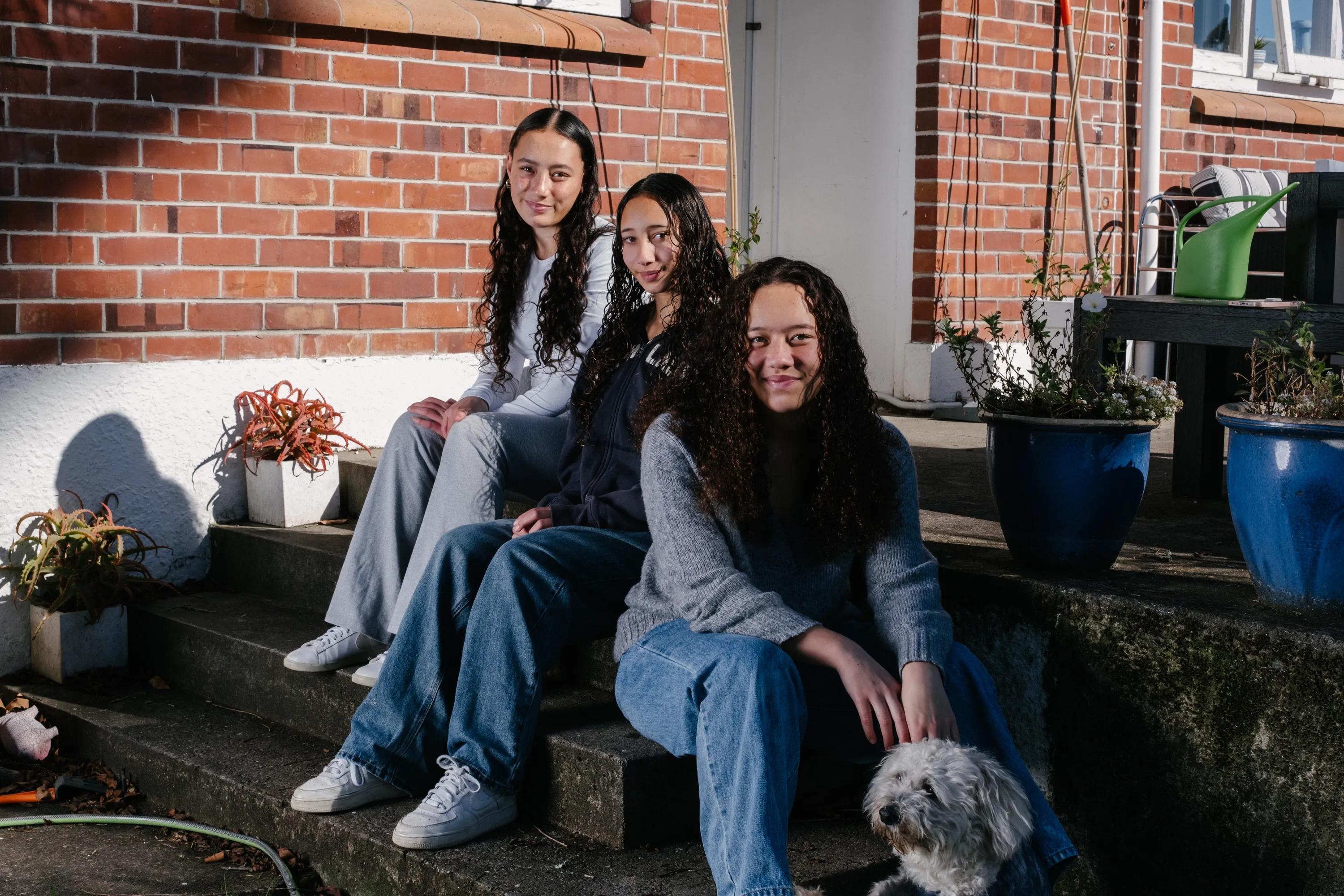About
Growing Up in New Zealand
More than 6,000 New Zealand children and their families are at the heart of Growing Up in New Zealand - this country's largest contemporary longitudinal study of child development.
The University of Auckland study has been following the lives of these children since 2009 and 2010 - before they were even born.
We visit the children and their parents around every three years to gather vital information to build a picture of what it's like to be a child growing up in the complex world of 21st Century New Zealand.
Our 6,000 children reflect the ethnic and socioeconomic make-up of New Zealand today, so provide us with an accurate representation of the diverse experiences of our tamariki.
The Growing Up in New Zealand study will continue to connect with our cohort until the children grow into adulthood and are at least 21-years-old.

What makes Growing Up in New Zealand special?
Growing Up in New Zealand leads the way in international longitudinal studies because it started gathering information before babies were even born.
Scientific studies suggest that the time in the womb is vital in determining how a child develops later on. That's why mums in the study were asked questions in the last 12 weeks of pregnancy.
Once born, children are influenced by their family life and physical environment and the study tracks these environmental influences, along with genetic and biological influences.
The study is also unique because it includes fathers and partners. This provides us with a complete picture of the family or whānau and how they are living in New Zealand today.
Important features of the study include:
- The study began collecting information from before birth
- The study includes fathers (or the mother's partner) and has collected information from them before birth and throughout
- The study is ethnically diverse and is representative of New Zealand's population
- The study gathered a lot of information in the first two years in order to generate a wealth of information about early child development
- The study translates research into action by working with policymakers to create real change
What are we trying to find out?
We are building a comprehensive picture of life for children in New Zealand today so that we can learn what works to enable someone to have a happy, healthy and fulfilling life.
The snapshot we develop of our children's lives focuses on several main areas, including:
- Child health and wellbeing
- Family and whānau
- Education
- Psychological development
- Neighbourhood and environment
- Culture and identity
The information gathered provides a wealth of information which can feed into policy development and service delivery to benefit all New Zealanders.
In addition to our regular interviews, or data collection waves, our study participants have given permission for us to link to routinely-collected health and education data which enables researchers to generate an even more detailed and complex picture of child development.
The Growing Up in New Zealand study has contributed to a range of policy developments including paid parental leave; immunisation; childhood injuries; poverty and material hardship; housing; use of Early Childhood Education and pre and post-natal depression in fathers.
%201.svg)